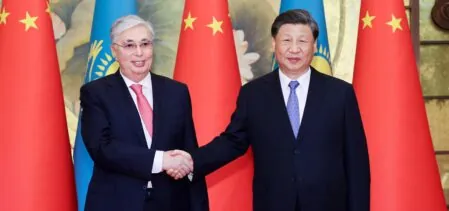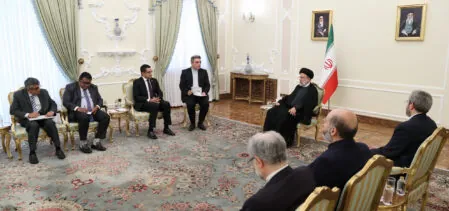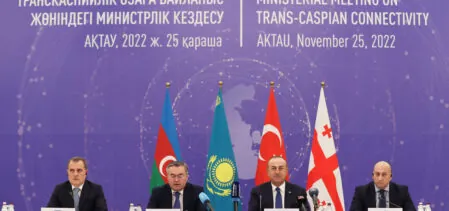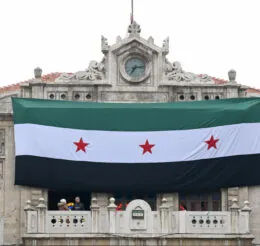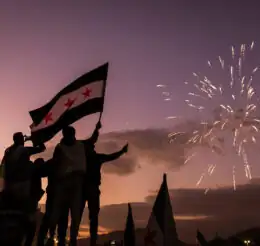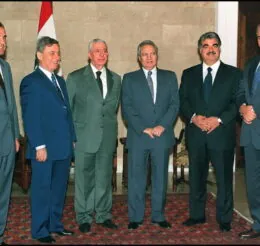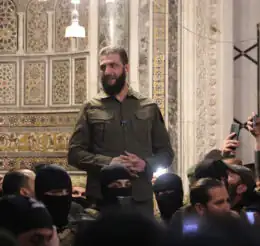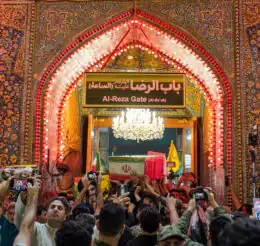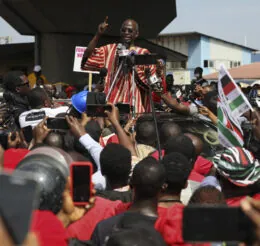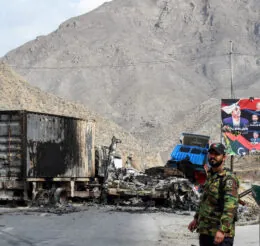This website uses cookies so that we can provide you with the best user experience possible. Cookie information is stored in your browser and performs functions such as recognising you when you return to our website and helping our team to understand which sections of the website you find most interesting and useful.
Portfolios
Explore our Portfolios
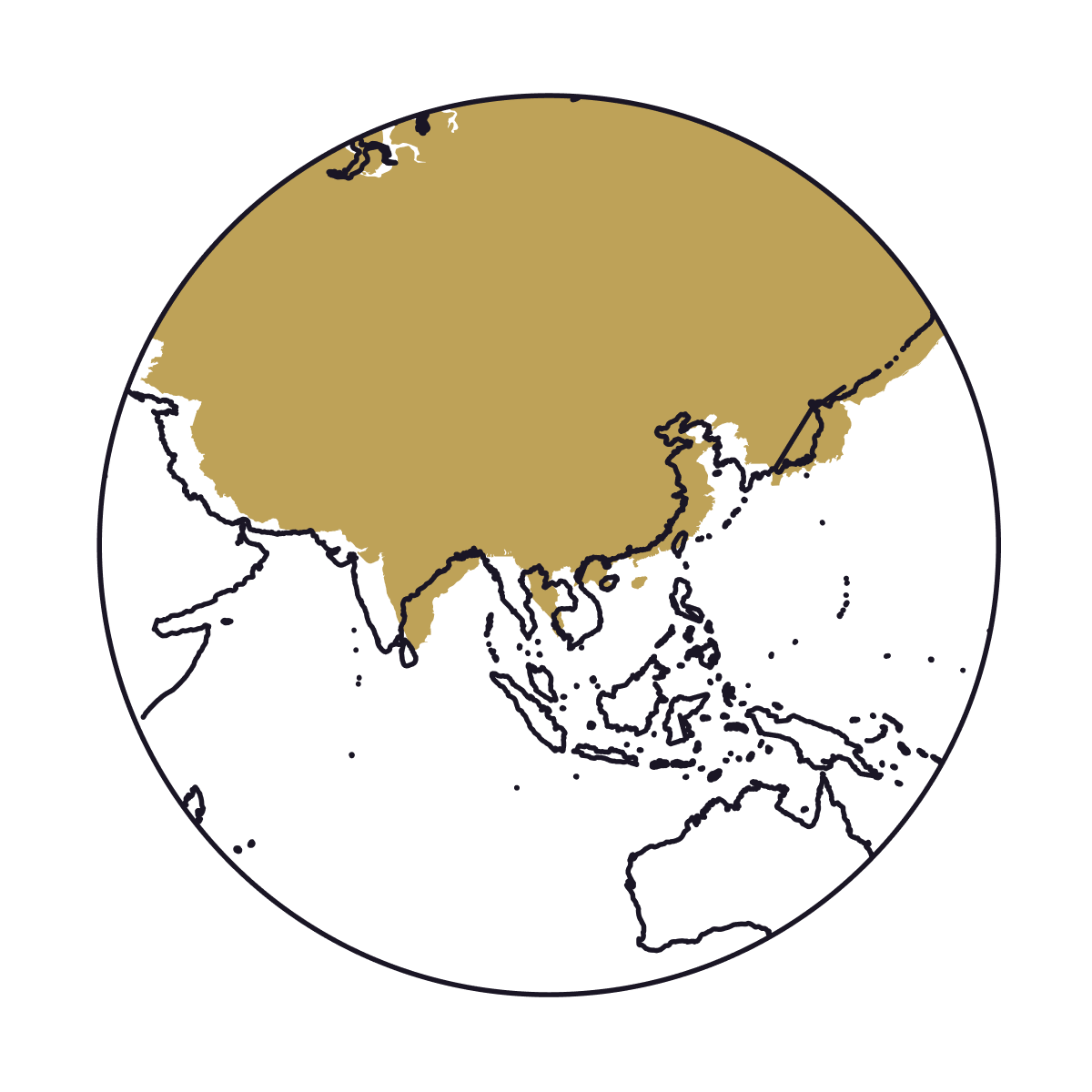
Eurasian Security & Prosperity
Eurasia is the planet’s single largest landmass, containing the bulk of human connectivity and resources. Though this continental region is separated from the United States by oceans, it represents the focal point of American foreign policy interests. What makes Eurasia even more significant for Washington is that it is geospatially sandwiched between two principal U.S. adversaries, China and Russia. The Eurasian supercontinent is also where other emergent powers such as India, Turkey, Iran, & Japan are projecting influence.
Guided by the values-driven mission and vision of New Lines, the Eurasian Security & Prosperity portfolio helps our nation’s decisionmakers craft policies that will enable the United States advance human connectivity across Eurasia and beyond. The portfolio seeks to accomplish this endeavor through a strategic study of the major foreign policy challenges emanating from this broad region.
The Eurasian Security and Prosperity portfolio is directed by Dr. Kamran Bokhari.
Eurasian Security & Prosperity Initiatives
Countering China: The Missing Eurasian Dimension
Managing Regime Evolution in Iran
India: A Rising Geoeconomic Player with Political Problems
Trans-Caspian Energy and Trade Corridor
Eurasian Security & Prosperity Latest
Submissions
The New Lines Institute for Strategy and Policy publishes work that combines geopolitical insight with subject-matter expertise. New Lines Institute publications examine tactical developments involving regimes, nonstate actors, local politics, ideologies, etc. Our work situates them in the strategic context of macro-level factors such as geography, populations, economics, military power, history, and culture. All our content must demonstrate analytical empathy and is geared toward advancing the cause of human security and stabilization and development on our planet. That said, we do not publish “op-ed” pieces, polemical content, or activist/advocacy work.
We welcome contributions from diverse experts with various sub-specialties to ensure that we consistently produce the highest-quality product. Our team firmly believes that expertise exists across the political spectrum and disciplinary fields; the key is to help our authors showcase it without indulging in partisan discussions. We expect our authors to focus on the how, why and (most importantly) the what next because our audience is already very familiar with the who, what, where, and when of the subjects we tackle.

